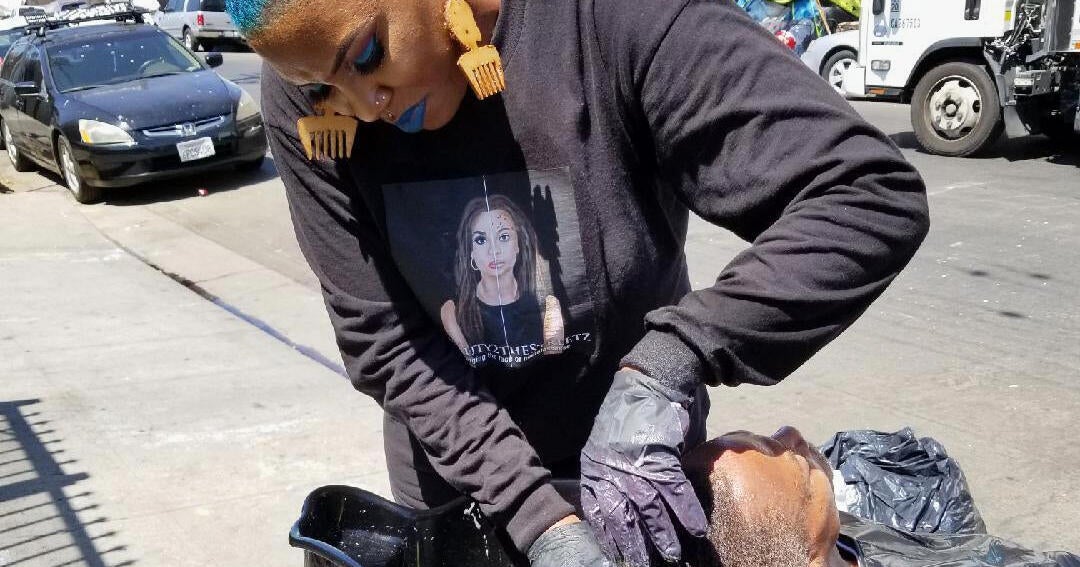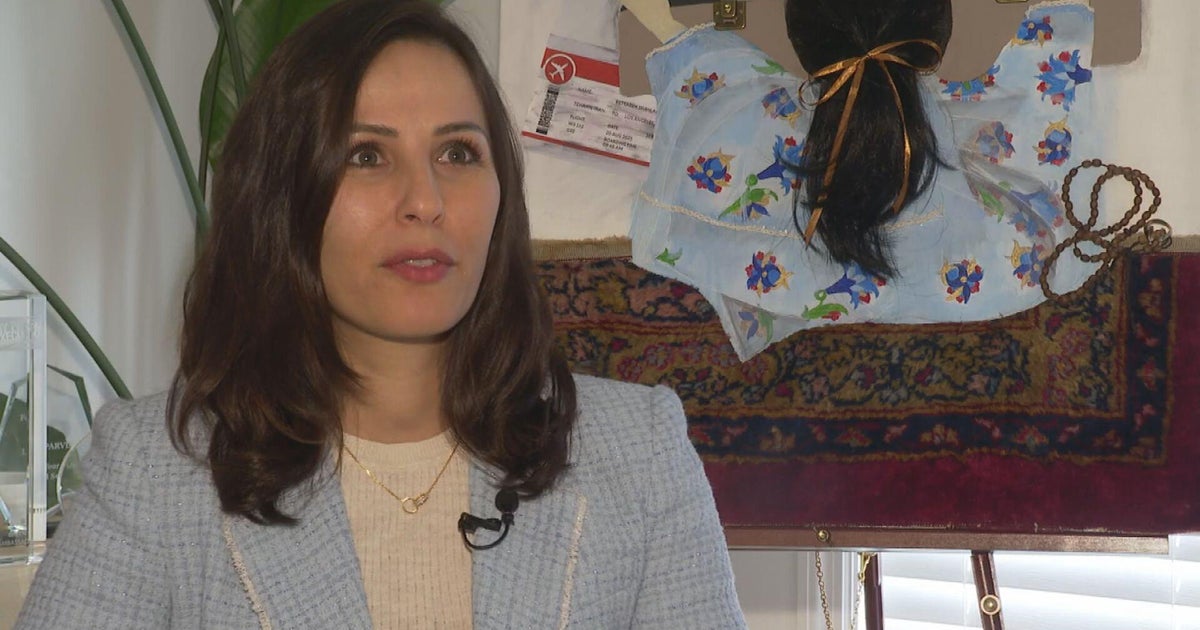California professor talks Filipino Americans' underrepresentation despite large population
SACRAMENTO — Filipino American History Month is celebrated every October, and all month long, we've been highlighting their rich history and contributions.
They're the third-largest Asian American group in the United States with Los Angeles and San Francisco having the largest Filipino populations behind Manila. Yet, many of them still feel unseen and unheard here.
A community connected through song, dance and food – Filipino American heritage takes center stage in October, but for Sacramento State University student Ardale Arizabal, it's year-round.
"Family is a huge part of our culture," Arizabal said. "It's what we talk about all the time."
That's talk within his family, but Filipino American heritage is not something he sees highlighted in his community – even with more than 4 million Filipino Americans in the U.S. and right here in California, according to census data.
"As minorities, a lot of stuff is glossed over about us and what is talked about in our own history," Arizabal said.
"So if you have to be a less visible, if not invisible group, then it could likely be the case that your interest as a population in the United States could be looked over, ignored or just marginalized," said Professor James Paligutan.
Paligutan is an Asian American studies professor at California State University, Fullerton. He said "it's crucial" for Filipino Americans to put themselves out there and make themselves known.
He puts the responsibility on Filipino Americans, urging them to seek out seats in underrepresented career fields – and students are stepping up.
"It's important for me to see, like fellow Filipino and Filipino Americans in general, as we have our own stories to tell," said student Michael Delarea.
But would those who step up be welcome in other areas outside of their comfort zone?
"That's what makes it, you know, almost an act of courage to pursue these things, right? Because you know that there are ceilings," Paligutan said.
Those are ceilings that students like Arizabal hope to shatter.
"I think more representation in leadership positions because having a Filipino in a governmental or educational institution, you know, having that leadership position, it can create more advocacy for Filipino American communities," Arizabal said.
A University at Buffalo study shows Filipino students are 60% less likely to major in stem fields. Professor Paligutan said there's also a lack of Filipino Americans in politics and schools – encouraging students to push the envelope and represent their community.







